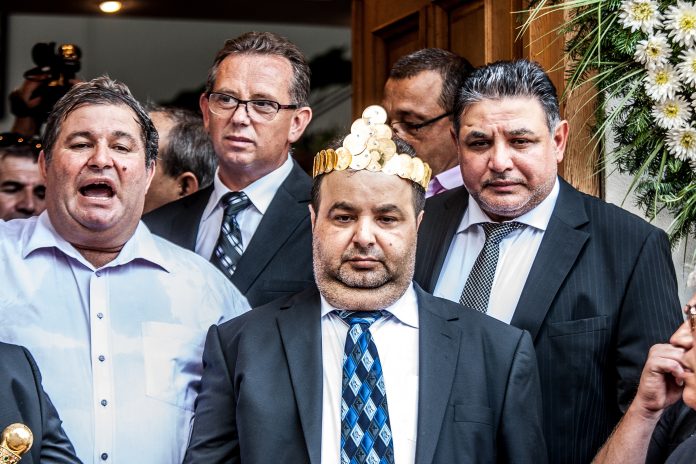
Daniel Cioaba, aka the King of the Roma, has announced the development of a new cryptocurrency $GYPSYCOIN that will be used for charity and financing education projects for the socially marginalized group.
„We expect the coin to be listed as soon as possible on exchanges, such as Binance, Crypto.com etc., as it grew 1000% in just a week,” he told Adevarul.ro.
Roma communities
“The $GYPSYCOIN project is an ecosystem designed to support the development of Roma communities. This ecosystem involves a trading and charity system with a focus on facilitating education among Roma communities,” a press statement said.
“The basic principles of this project are: transparency, honesty and collective spirit,” it added.
The purpose of the cryptocurrency is to “focus on the community and its needs.” It was launched on August 3.
Educational projects
It is billed as the first ever Gypsy cryptocurrency.
“The $GYPSYCOIN token has multiple utilities: community trading currency, funding of educational projects, long-term financial investment, charity funding & payments,” the statement said.
The $GYPSYCOIN project is unique and is the only crypto project that focuses on solving the difficulties of the Roma community, by creating a digital ecosystem as a help mechanism. For this reason, our project benefits from the support of international Roma organizations.
Gypsy wheel
The design blends traditional and modern elements to be easily recognizable. It features the Gypsy wheel on an electronic circuit board.

Officially, there are more than half a million Roma in Romania, although there are believed to be many more. Some don’t declare their ethnicity due to prejudice.
Roma complain about discrimination in the workplace and society in general. Some of them drop out of school early.
Roma
Some 25,000 Romanian Roma were deported during World War II to Trans-Dniester in the then-Soviet Union. About 11,000 died there in labor camps, in squalid conditions where hunger and disease were rife.
New law in Romania sees tough prison sentences for anti-Roma comments, acts

















